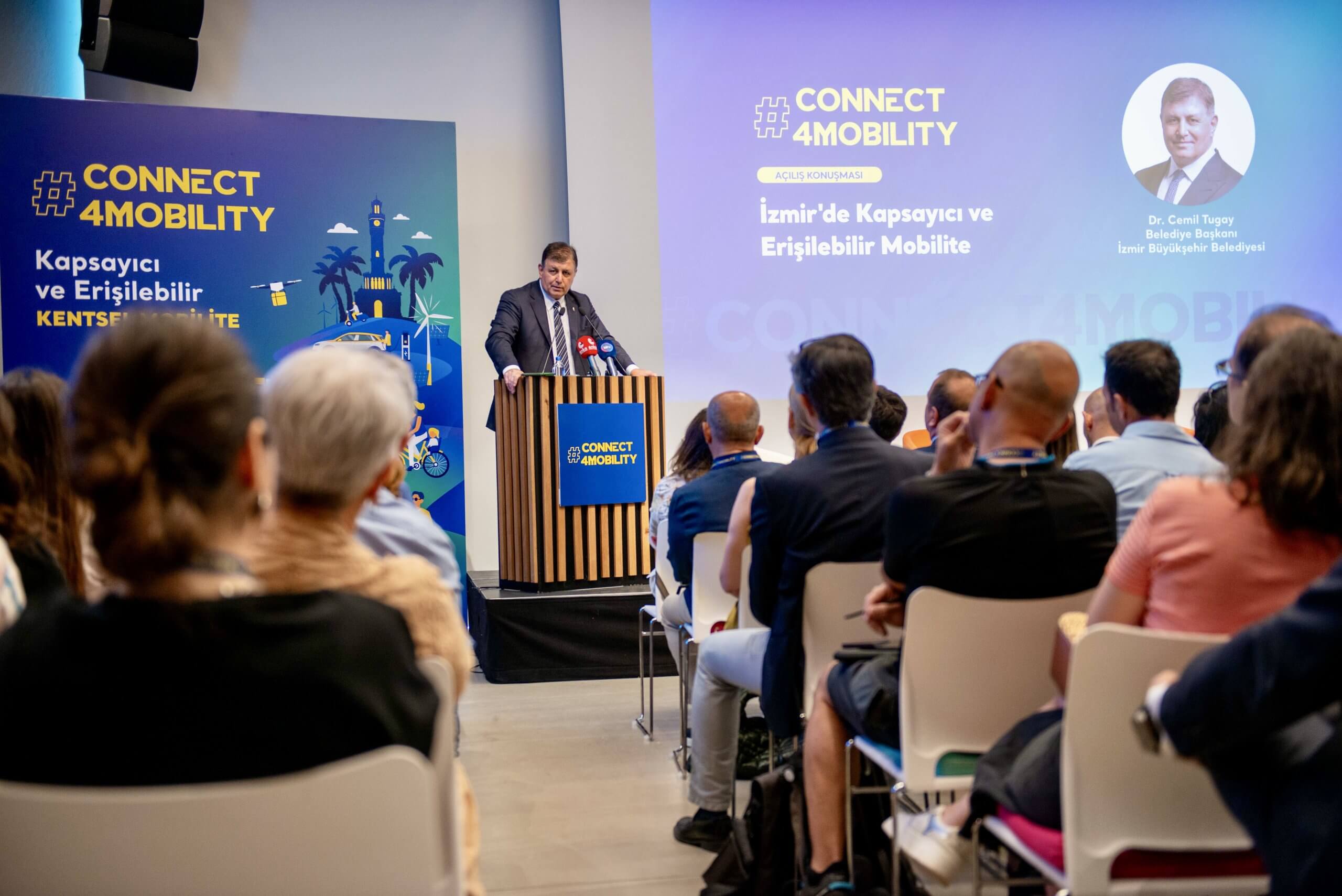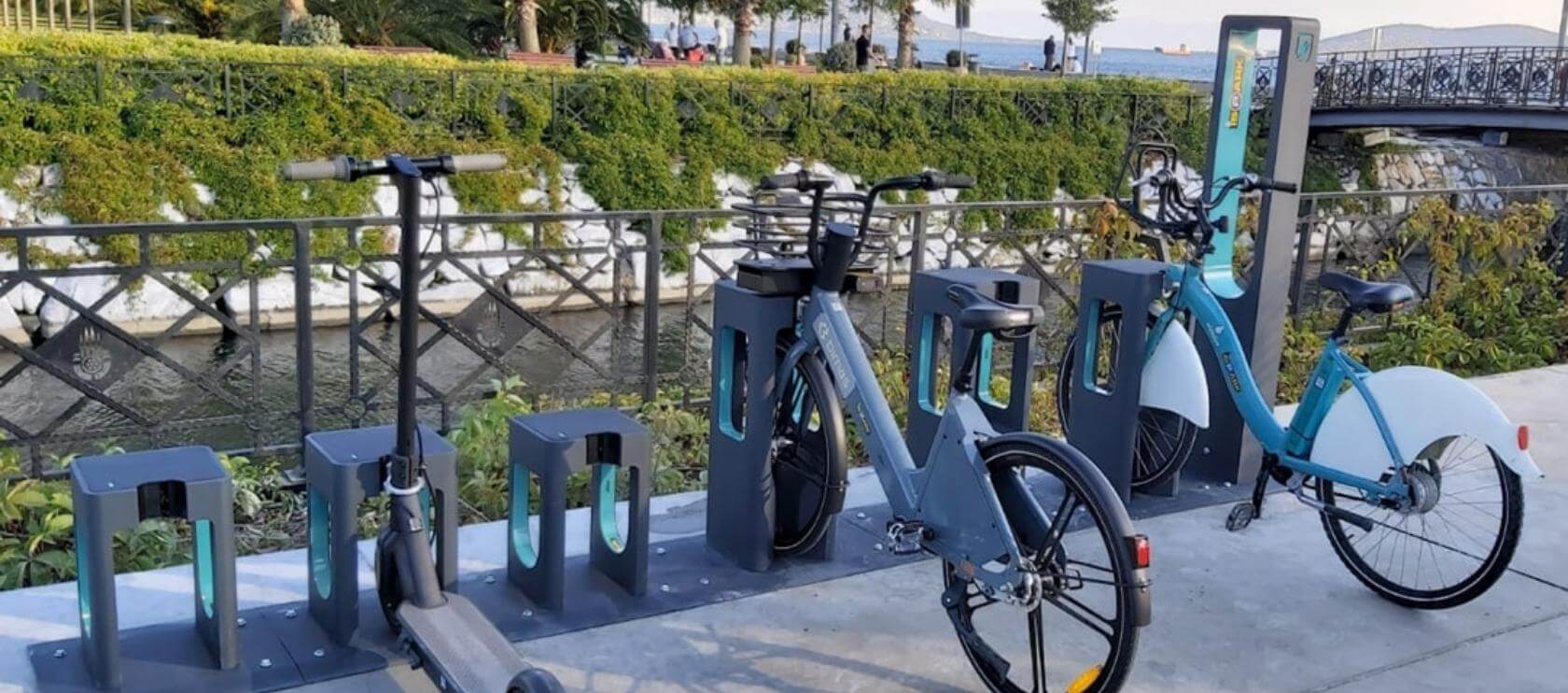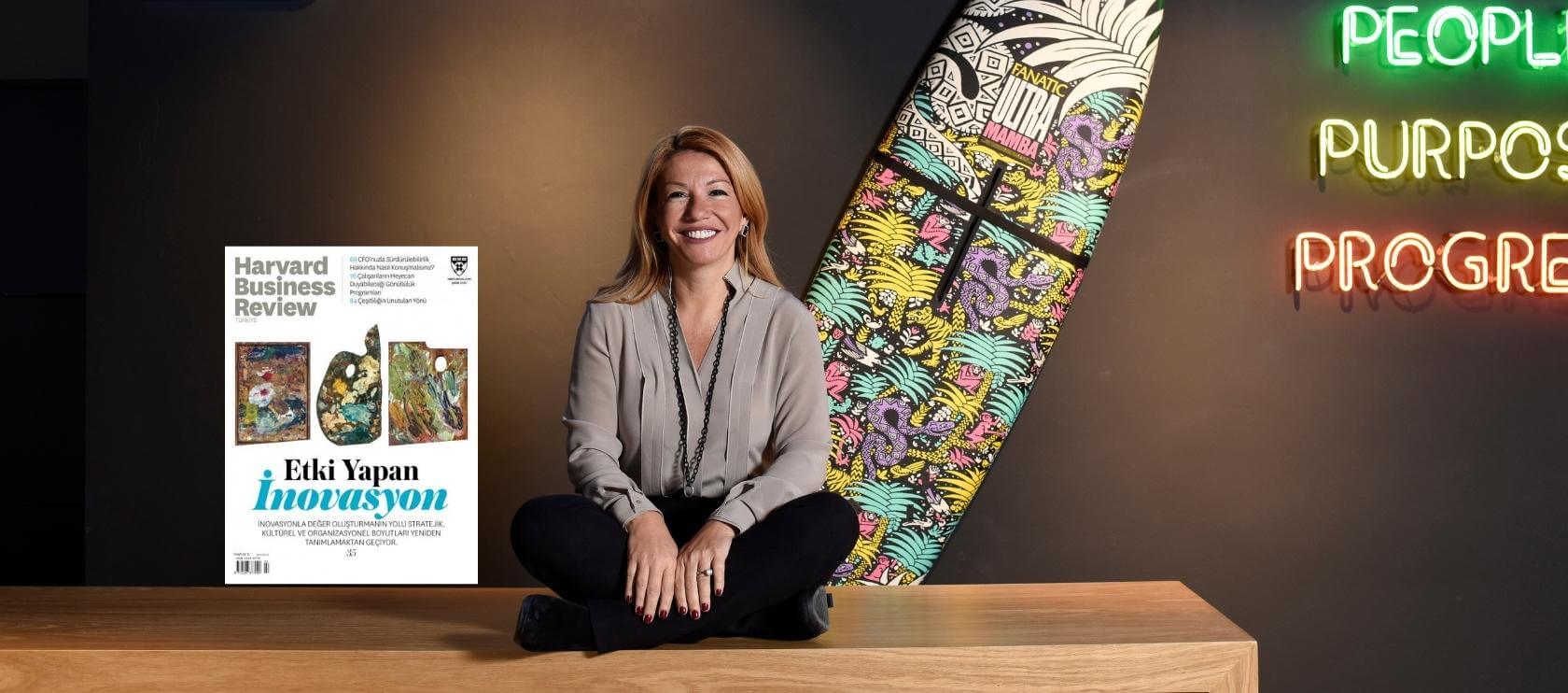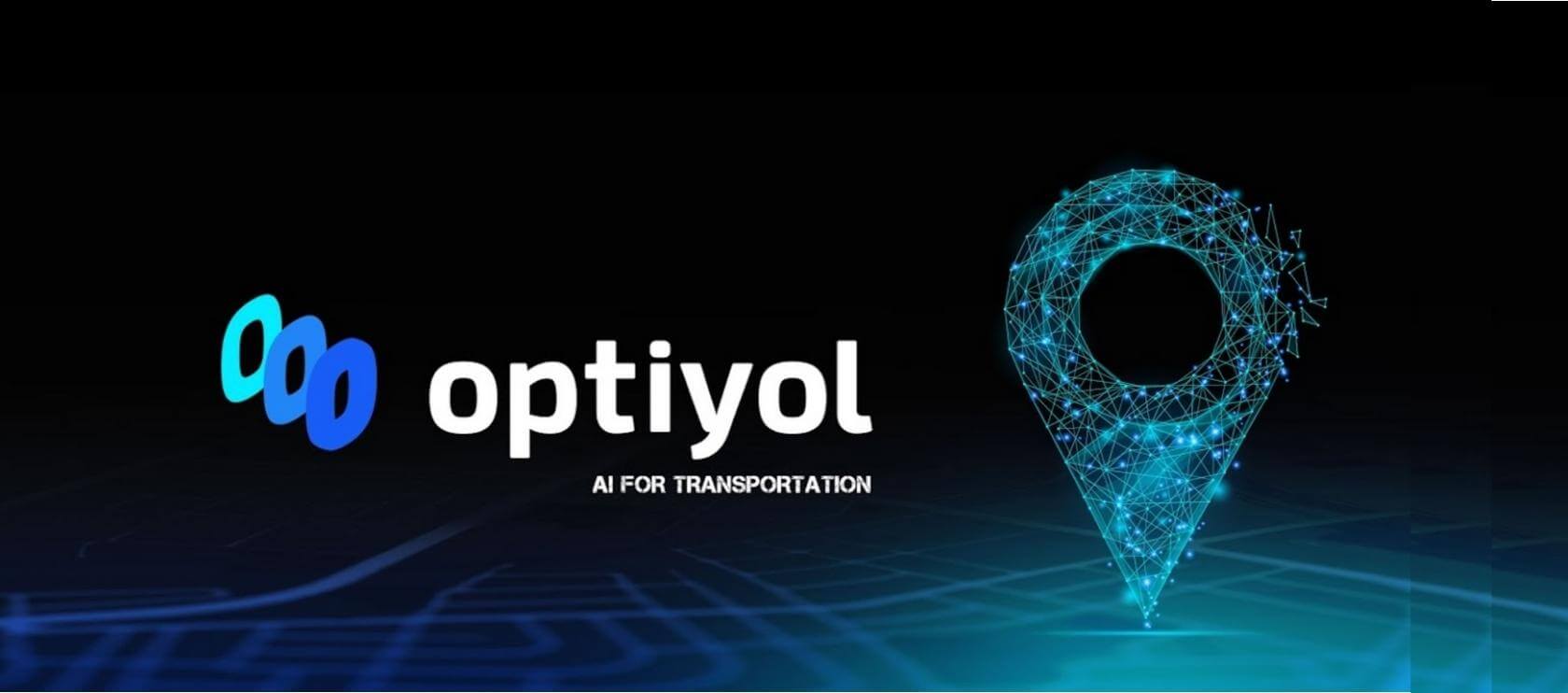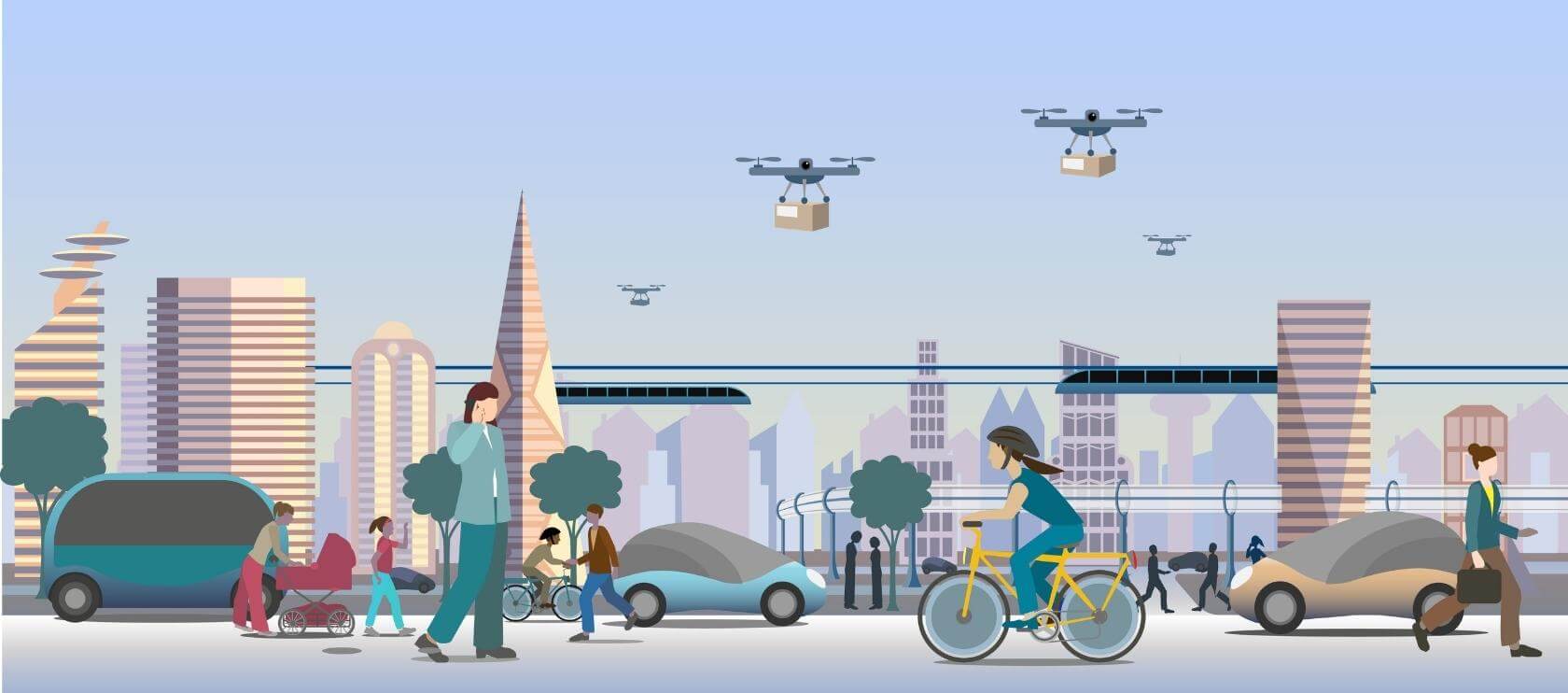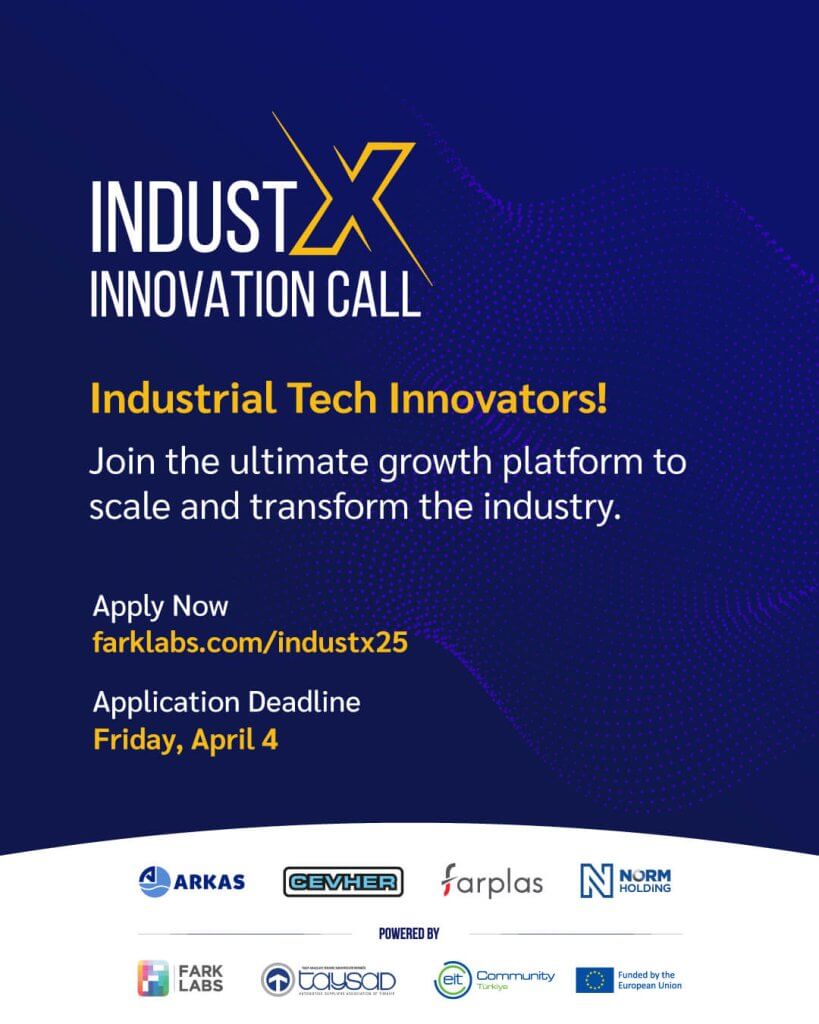ARTICLE
İzmir, June 11, 2024 – Hosted and moderated by Selcen Uyguntüzel, Fark Labs İzmir Managing Director, #Connect4Mobility 2024 focused on advancing discussions around “Inclusive and Accessible Urban Mobility.” This transformative event gathered municipalities, private companies, investors, entrepreneurs, and academics at İzQ to discuss new micromobility solutions aimed at creating more inclusive cities.
Organized by EIT Urban Mobility RIS Hub Türkiye and supported by the European Institute of Innovation and Technology (EIT), the event was coordinated by Fark Labs in partnership with Sabancı University.
Opening Remarks: Vision for the Future
The event began with an inspiring opening speech by Dr. Cemil Tugay, Mayor of İzmir Metropolitan Municipality. Mr. Tugay revealed İzmir’s ambitious 40-50 year strategic plan to enhance micromobility, including bicycles, to diversify transportation options. This effort aims to reduce private vehicle usage and help the city move confidently towards its net-zero targets. Mr. Tugay highlighted the necessity of bold decisions and structural changes in urban life to implement these innovative solutions. Watch the Opening Remarks on Fark Labs’ YouTube Channel.
Keynote: Inclusive & Accessible Mobility Together
Ahu Serter, founder of Fark Labs, introduced the day’s themes, focusing on the role of entrepreneurship and partnerships in creating a better future. She discussed how Fark Labs serves as a catalyst in these partnerships, aiming to revive İzmir’s spirit of innovation and entrepreneurship, rooted in its rich historical legacy. Serter also unveiled a new project with local families, aiming to transform urban spaces with an emphasis on art and architecture, and to solve issues without restricting the freedoms of those in need. Watch the keynote here.
Panel 1: Inclusive Mobility – “Transportation as Communication”
Moderated by Ömer Hantal, Chief Innovation Officer at Fark Labs, the first panel focused on practical steps to improve inclusivity and accessibility in urban transportation.
Key Takeaways:
- Utku Cihan, Mayor of Hopa Municipality, emphasized that accessibility isn’t just about speed but about providing essential services. He pointed out the importance of integrating different transport modes and involving citizens in urban planning to create lasting solutions.
- Özlem Şenyol Kocaer, President of the Pedestrian Association, stressed that cities are no longer pedestrian-friendly and are dominated by vehicles. She advocated for child-friendly cities and pedestrian safety as key components of inclusivity, urging the need for a slower-paced, community-centered urban culture.
- Assoc. Prof. Dr. Kevser Üstündağ, MSGSU, explained how children are becoming alienated from urban life due to limited pedestrian engagement. She called for neighborhood-focused solutions that foster interaction with nature, emphasizing how the pandemic has brought back the importance of walkability and local community bonds.
- Metin Salt, Founder of Salt Culture, highlighted the pivotal role of digital solutions and data in urban planning. He mentioned how innovations like WeWalk can significantly contribute to making cities more inclusive, stressing that evolving human needs must be mirrored in evolving urban strategies.
Panel 2: Inclusive Mobility – “Redefining ‘Seeing’ for Accessibility”
Moderated by Özge Akbulut, Chief Science Officer at Fark Labs, the second panel delved into the automotive sector’s efforts toward inclusive mobility, exploring innovative solutions for the visually impaired and broader accessibility needs.
Highlights:
- Zülal Tunnur, Founder of From Your Eyes, shared her journey as an early adopter of artificial vision systems, highlighting the gaps between natural and artificial sight. She detailed how her company partners with Togg and IGA to address these shortcomings.
- Hasan Erdoğan, Mobility Solutions Director at TOFAŞ, talked about the importance of broadening accessibility beyond just products, incorporating financial services and after-sales support. He underscored TOFAŞ’s initiatives like the Fiat Engelsiz Hareket and the Fiat Basketball Team, which focus on integrating disabled individuals into society.
- Erden Ergökmen, COO of Cevher Group, discussed the current trends in micromobility, specifically electric and autonomous vehicles. He outlined the infrastructure challenges, including the need for more charging stations, and touched on the evolving V2I (Vehicle to Infrastructure) technology, which aims to reduce total system emissions.
- Hakan Çevikoğlu, CEO of PTT AVM, focused on how micrologistics is reshaping transportation. With nearly 6 billion e-commerce packages delivered in Turkey last year, he emphasized the importance of integrating micromobility solutions to meet growing consumer expectations for speed while minimizing environmental impact.
Panel 3: Accessible Mobility – “Independent Transportation for All”
Associate Professor Dr. Murad Tiryakioğlu from İzmir Institute of Technology led the third panel, emphasizing the design of accessible cities and the critical processes needed to ensure inclusive mobility.
Key Insights:
- Assoc. Prof. Dr. İrem Ayhan Selçuk, Dokuz Eylul University, defined accessibility as the ability for everyone to reach destinations independently. She emphasized the importance of aligning accessibility with urban planning and establishing regulatory language to ensure consistency in spatial development.
- Prof. Dr. Koray Velibeyoğlu, İzmir Institute of Technology, discussed accessibility during crises like earthquakes and pandemics, underscoring the need for physical, temporal, and digital accessibility.
- Hale Erez Külekçi, Pedestrian Access Chief at Istanbul Metropolitan Municipality, detailed how Istanbul is implementing low-carbon mobility projects, emphasizing the need for data-driven strategies to ensure the sustainability of these projects. Külekçi shared that 26 projects are already in progress, aiming for seamless transportation integration.
Panel 4: Alternative Mobility – “The Future of Urban Transportation”
The final panel, moderated by Gökçe Gülcüler of Harvard Business Review Turkey, explored how new technologies are transforming logistics, public transportation, and micromobility solutions.
Key Discussions:
- Onur Ünal, General Manager of Tripy, highlighted the potential of electric bicycles in reducing traffic congestion and pollution, particularly in cities like Istanbul and İzmir. He stressed the importance of increasing societal awareness and individual responsibility to encourage bike usage.
- Tugay Bozoğlu, General Manager of Eshot, emphasized the role of digitalization in public transport, advocating for the integration of bicycles, scooters, and other micromobility options with buses to reduce private vehicle use.
- Selçuk Koçhan, Co-founder of Mobiqu, discussed the growing importance of smart transportation systems and their role in urban logistics and healthcare services. He outlined the potential for partnerships with municipalities to drive innovation in micromobility and urban accessibility.
Conclusion
The #Connect4Mobility 2024 event was a landmark moment for inclusive and accessible urban mobility discussions. From panelists addressing the future of micromobility to showcasing pioneering technologies, the event demonstrated the importance of collaborative efforts in reshaping urban mobility. By integrating bold decisions, citizen participation, and advanced technology, cities can become more inclusive, accessible, and sustainable for all.
Related News
ARTICLE
From A Corporate Venture To A Successful Startup: DUCKT’s Inspiring Story
INTERVIEW
Harvard Business Review – Our strategy: Dual Transformation
NEWS
Fark Labs, Born2Global & Sejong Technopark Signed An MOU To Support Startups Foray Into Europe And Turkey
NEWS
OPTIYOL Receives A New Investment of 810 Thousand Dollars
REPORT
